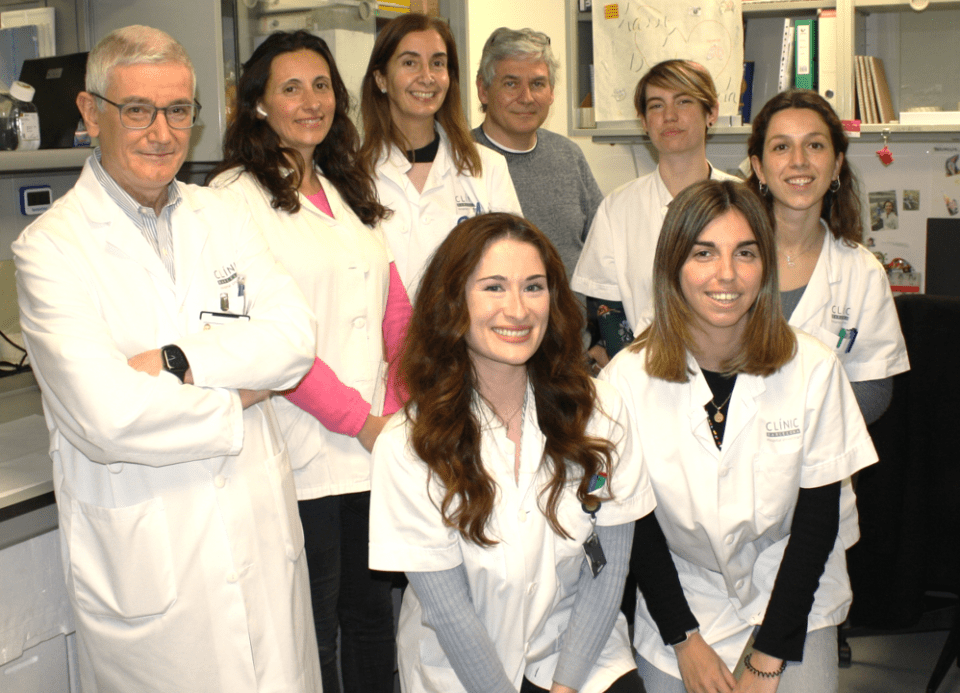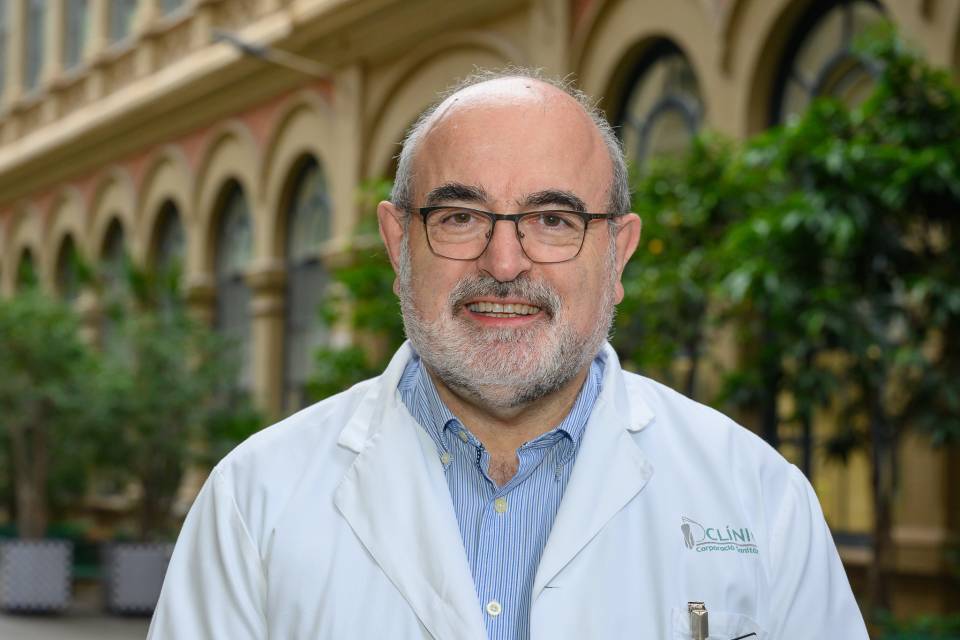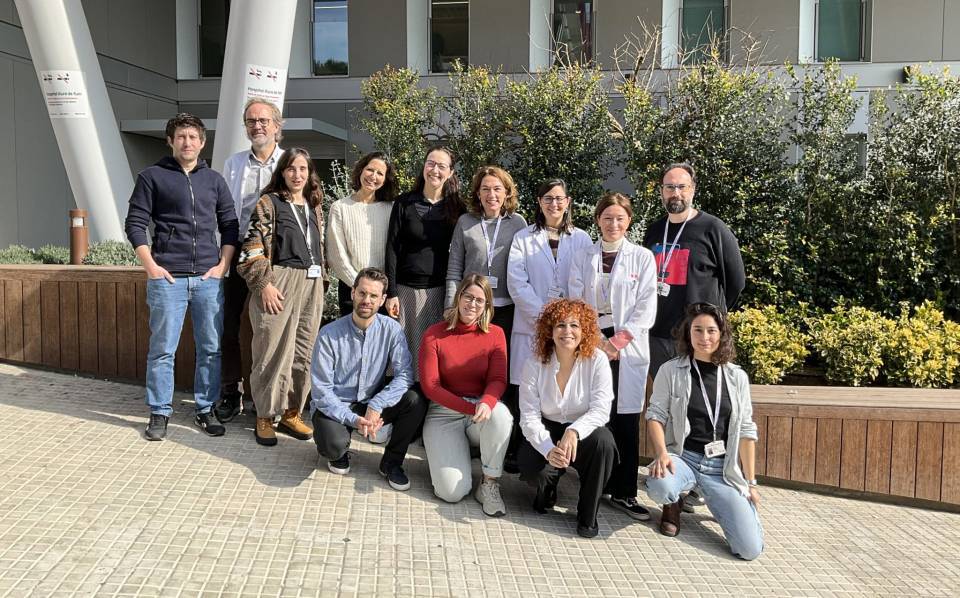The article, published in the journal Frontiers in Pharmacology, was led by Dr. Isabel Blanco, head of the Pulmonary Arterial Hypertension Unit at the Hospital Clínic Barcelona and of the IDIBAPS Translational research in pulmonary vascular diseases: cell proliferation and apoptotic mechanisms in pulmonary arterial hypertension research group, and CIBERES researcher. The group led by Dr. Francisco Pérez-Vizcaino, director of the Department of Pharmacology and Toxicology at the Complutense University of Madrid and group leader at CIBERES.
Pulmonary hypertension is the abnormal increase in blood pressure in the arteries that supply the lungs. It is a rare disease and its prevalence is 1.6 cases per 100,000 inhabitants. It usually appears between the ages of 20 and 40 and is more common in women.
The increase in arterial pressure can be caused by various mechanisms, such as chronic heart and respiratory diseases. However, there are situations where pulmonary hypertension is due to diseases of the pulmonary arteries themselves, or obstruction by blood clots that become chronic. At the cellular level, an imbalance between cell proliferation and apoptosis, a form of programmed cell death, is responsible for the development of pulmonary arterial hypertension (PAH).
Current treatment of the disease with vasodilator drugs does not address this process of uncontrolled cell growth in the pulmonary arteries. The study suggests that the inhibition of proteins involved in the apoptosis pathway, such as survivin, could represent a new therapeutic approach to PAH.
Thus, the potential role of survivin in the onset and progression of PAH and the effects of its inhibition in mouse models of pulmonary hypertension were examined. The researchers assessed survivin expression and analysed the expression of genes related to cell proliferation (Bcl2 and Mki67) and the effects of the survivin inhibitor YM155.
The study demonstrates increased survivin expression in the pulmonary arteries and lung tissue of PAH mice, as well as the up-regulation of survivin genes related to cell proliferation. Treatment with the inhibitor reduced pulmonary arterial pressure, right ventricle thickness, pulmonary vascular remodelling and survivin expression to levels similar to those observed in control animals.
The study also analysed the expression of survivin in the lungs of PAH patients and found increased expression of the protein in pulmonary arteries and lung tissue extracts, as well as cell proliferation genes (Bcl2 and Mki67), in comparison with control lungs.
“These findings support the hypothesis that survivin could play a role in the progression of PAH and that its inhibition with YM155 (sepantronium bromide), a drug used to treat some tumours, may represent a novel therapeutic approach that should be explored in more detail”, says Isabel Blanco.
“This study highlights our commitment to improving the understanding of pulmonary hypertension and the development of more effective therapies that benefit patients”, concludes Dr. Blanco.
The study was carried out in collaboration with the CIBERES Biobank, which provided samples for the study, and with funding from the Carlos III Health Institute (ISCIII), the Spanish Society of Pulmonology and Thoracic Surgery (SEPAR), the Catalan Pulmonology Society (SOCAP) and the Foundation against Pulmonary Hypertension (FCHP).
Study reference:
Blanco, I., Marquina, M., Ferrer, E., Ramírez, A. M., Callejo, M., Peinado, V. I., & Barberà, J. A. (2023). Survivin inhibition with YM155 ameliorates experimental pulmonary arterial hypertension. Frontiers in Pharmacology, 14, 1145994. https://doi.org/10.3389/fphar.2023.1145994




